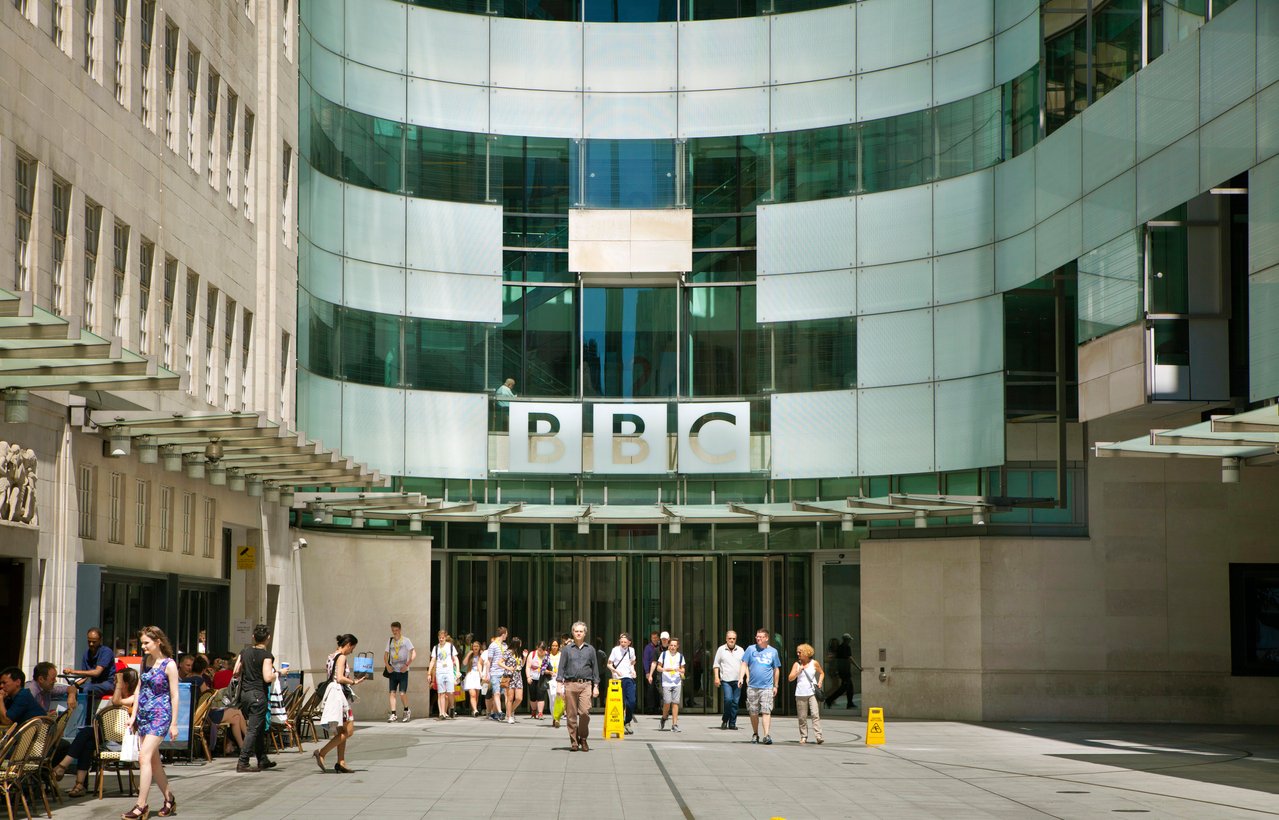
BBC's New Broadcasting House in London
Photo: IR_Stone/iStock
Dismay at high turnover in diversity leaders
With the recent resignation of the BBC’s Head of Creative Diversity, Bectu’s Philippa Childs thinks it’s timely and necessary to reflect on why these roles have such a high turnover.
The BBC recently announced that Joanna Abeyie would be standing down after only just over a year in post as the BBC’s Head of Creative Diversity. This followed hot on the heels of US reports of the departures of Disney, Warner Bros and Netflix diversity leads.
While Abeyie made clear her departure was a personal choice, these moves are met with dismay by those of us who advocate for increased diversity in the creative industries. So why does real and lasting progress on equity, diversity and inclusion (EDI) in the sector remain such an elusive goal?
During my tenure at Bectu, there’s been an extremely high turnover in these roles – not just at the BBC but across broadcasters and streamers. Advocates like Abeyie come to these jobs highly qualified, full of enthusiasm and ideas, and with the lived experience of how to make progress on EDI. Such an exodus results in initiatives which are short term and aren’t embedded sufficiently to deliver lasting results.
Independent racism reporting body
I don’t doubt broadcasters’ intentions to improve diversity – of their employees, in their commissioning and of the freelancers who work on their programmes. But progress has been and continues to be painfully slow.
I think a huge part of the problem relates to this turnover in EDI experts and I’m sure that the experience of working for a major broadcaster can feel like wading through treacle in trying to turn around long-established bureaucracies.
Last year the Lenny Henry Centre for Cultural Diversity produced a report on racism in newsrooms. I suspect many of those factors inherent in racism in newsrooms are also present across other departments in broadcasting.
This is why Bectu is advocating for an independent racism reporting body for the broadcasting sector. We believe an independent body separate from and in addition to broadcasters’ own EDI policies is critical if the sector is to meaningfully tackle underreporting and support and sustain diversity.
Setting targets is the easy bit
Director General Tim Davie has said he wants a more diverse BBC and he’s set targets to achieve those aims. And yet, in 2022, both Variety and The Times reported on a concerning exodus of Black women from the BBC, particularly from the News and D&I divisions. Many reported they were tired of fighting a system not structurally built to support anyone who is different.
June Sarpong was appointed the first Director of Creative Diversity in 2019 by Lord Hall. Refreshingly, she originally sat on the Board but was stood down in a restructuring undertaken by Davie shortly after his appointment in 2020. She left in 2022.
"Does our industry have the will to genuinely share power with those who have been marginalised and silenced?”
Setting targets is the easy bit. What’s more difficult is making sure you commit to equality and diversity at all levels of an organisation, including in senior roles that have real power to drive change. Even more difficult is changing an organisation’s culture so people feel included, not alienated, so they feel they belong and can thrive.
In his MacTaggart lecture at the Edinburgh TV Festival in 2020, historian and broadcaster David Olusoga described his experiences of working in TV. He acknowledged the opportunities it had given him but also laid bare the racism he experienced. He told of Marvin Rees, now Mayor of Bristol, who left the BBC because, in his own words: “The truth is the BBC just wore me down with hopelessness.”
Olusoga ended his lecture: “So in the end it comes down to this: Does our industry have the will to genuinely share power with those who have, for so very long, been marginalised and silenced?” This is the real challenge Abeyie and other EDI leads have faced across the broadcasting industry.
The prize is huge
Change will not happen from one person’s plan and efforts – however optimistic and energetic they are. It will come when people from the global majority are in positions of power and influence in the industry, who are passionate in supporting others succeed and committed to making long-term change to shift the dial on inclusion and who are.
Reflecting on the lack of progress on EDI across the creative industries, it would be easy to be despondent and believe things will never change. I’ve sometimes found myself in that place. But the prize is huge, albeit the journey is undoubtedly difficult.
What is surely indisputable, though, is that we allies need to build a movement because it isn’t fair to talented individuals working in EDI to expect them to change an entrenched power dynamic within a few short years. I suspect that’s the truth behind the high turnover across the industry: the expectations are too high, and the responsibility is huge.
Industry leaders must recognise how strategically important it is for both their business and output to build diverse and inclusive organisations where everyone can thrive. As I said before, setting targets is the easy bit, turning around the culture is another challenge altogether.
Philippa Childs is Head of Bectu (Broadcasting, Entertainment, Communications and Theatre Union).
![]() @philippachilds
@philippachilds
Join the Discussion
You must be logged in to post a comment.